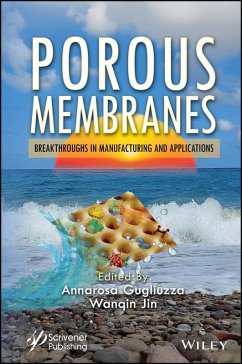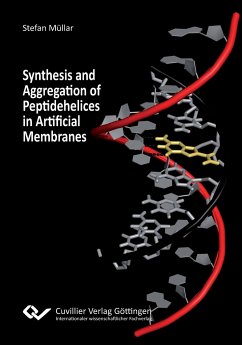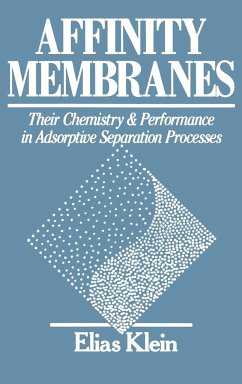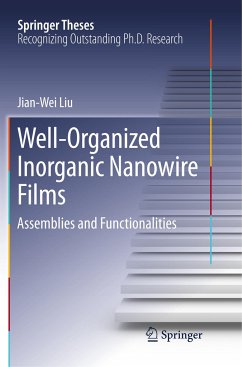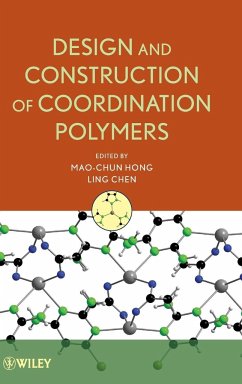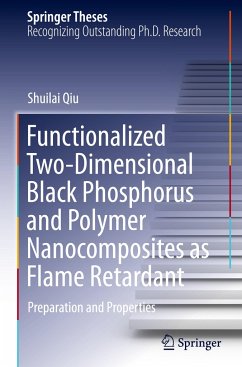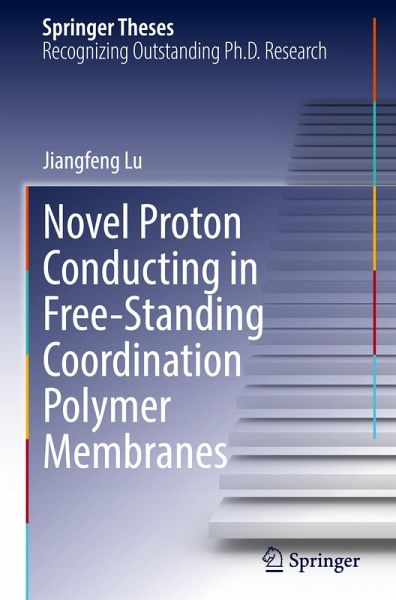
Novel Proton Conducting in Free-Standing Coordination Polymer Membranes

PAYBACK Punkte
76 °P sammeln!
This book investigates the development of high proton conduction properties free-standing two-dimensional coordination polymer membranes, with the goal of elucidating the mechanical flexibility, proton conduction behavior, and structural characteristics of these materials under varying environmental conditions. The book evaluates the possible uses of these membranes in flexible electronics and energy technologies and thoroughly examines proton conduction mechanisms using an interdisciplinary research approach that combines chemistry, physics, materials science, and engineering. The most recent...
This book investigates the development of high proton conduction properties free-standing two-dimensional coordination polymer membranes, with the goal of elucidating the mechanical flexibility, proton conduction behavior, and structural characteristics of these materials under varying environmental conditions. The book evaluates the possible uses of these membranes in flexible electronics and energy technologies and thoroughly examines proton conduction mechanisms using an interdisciplinary research approach that combines chemistry, physics, materials science, and engineering. The most recent scientific developments in novel proton conduction materials are covered, along with preparation and structural characterization procedures and their possible uses in energy, environmental, and electronic technology applications. The research findings presented are extremely important for advancing the creation of clean energy technologies and tackling the problem of climate change. They are also especially relevant given the rising demand for sustainable energy technologies throughout the world.




